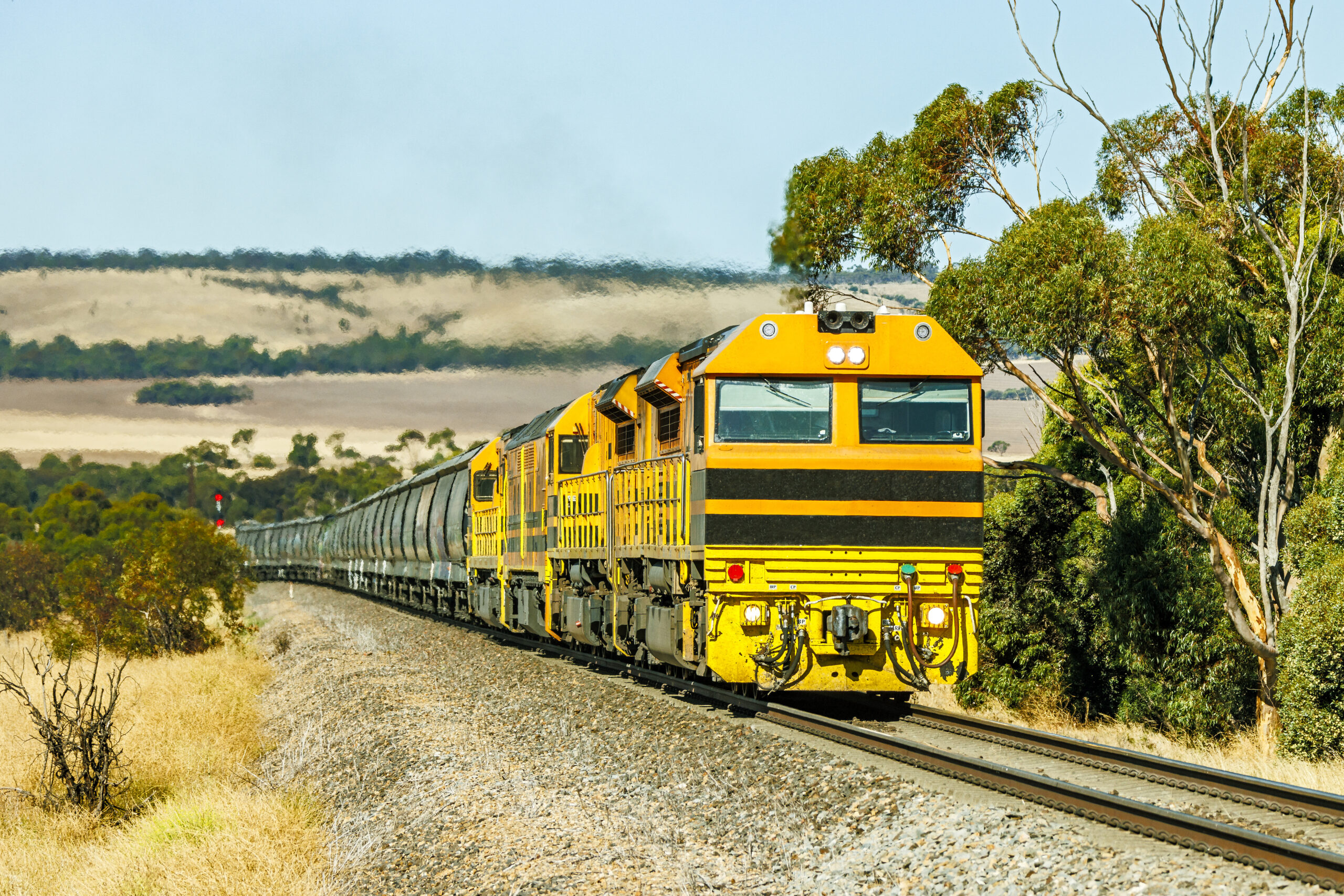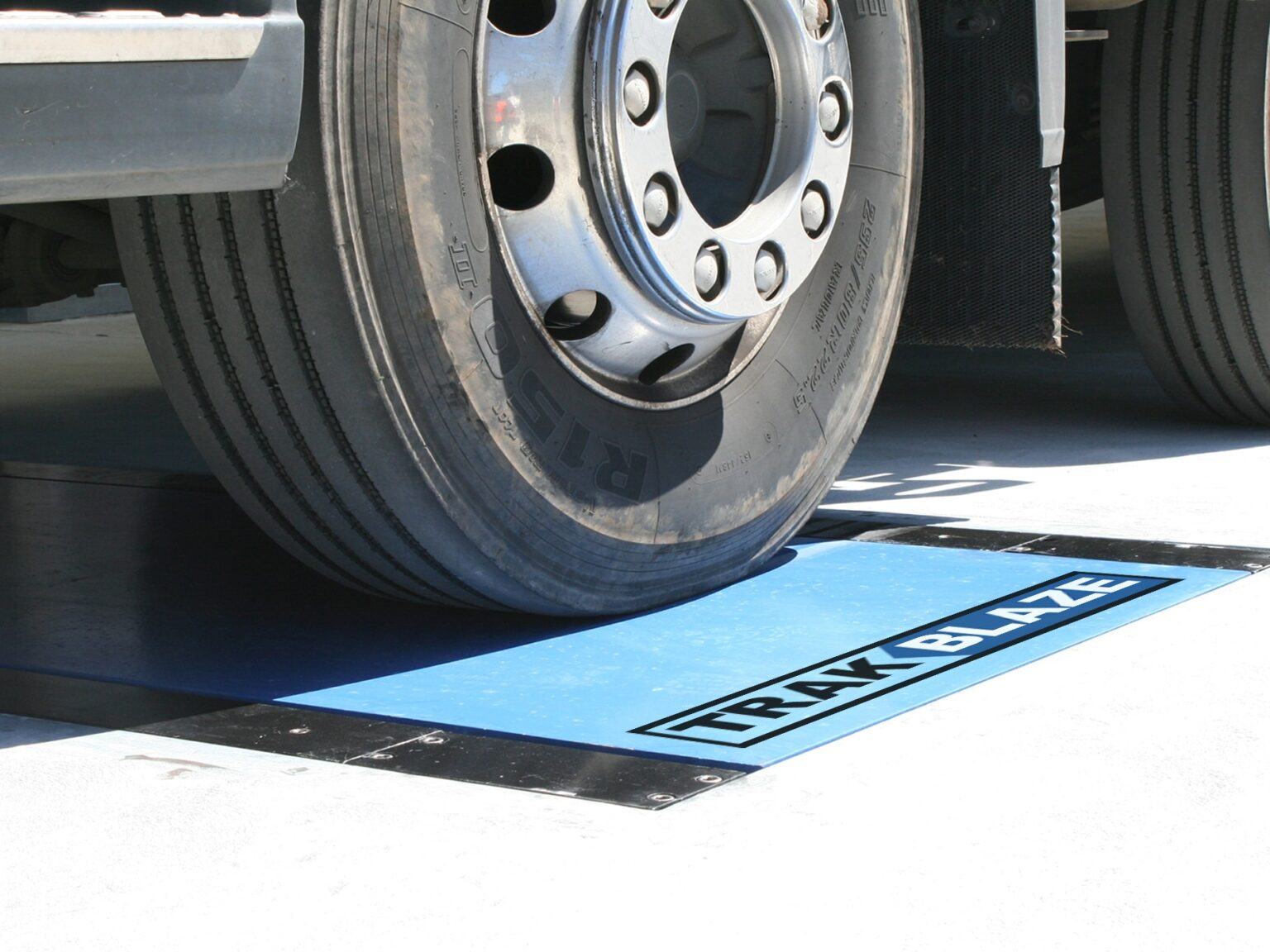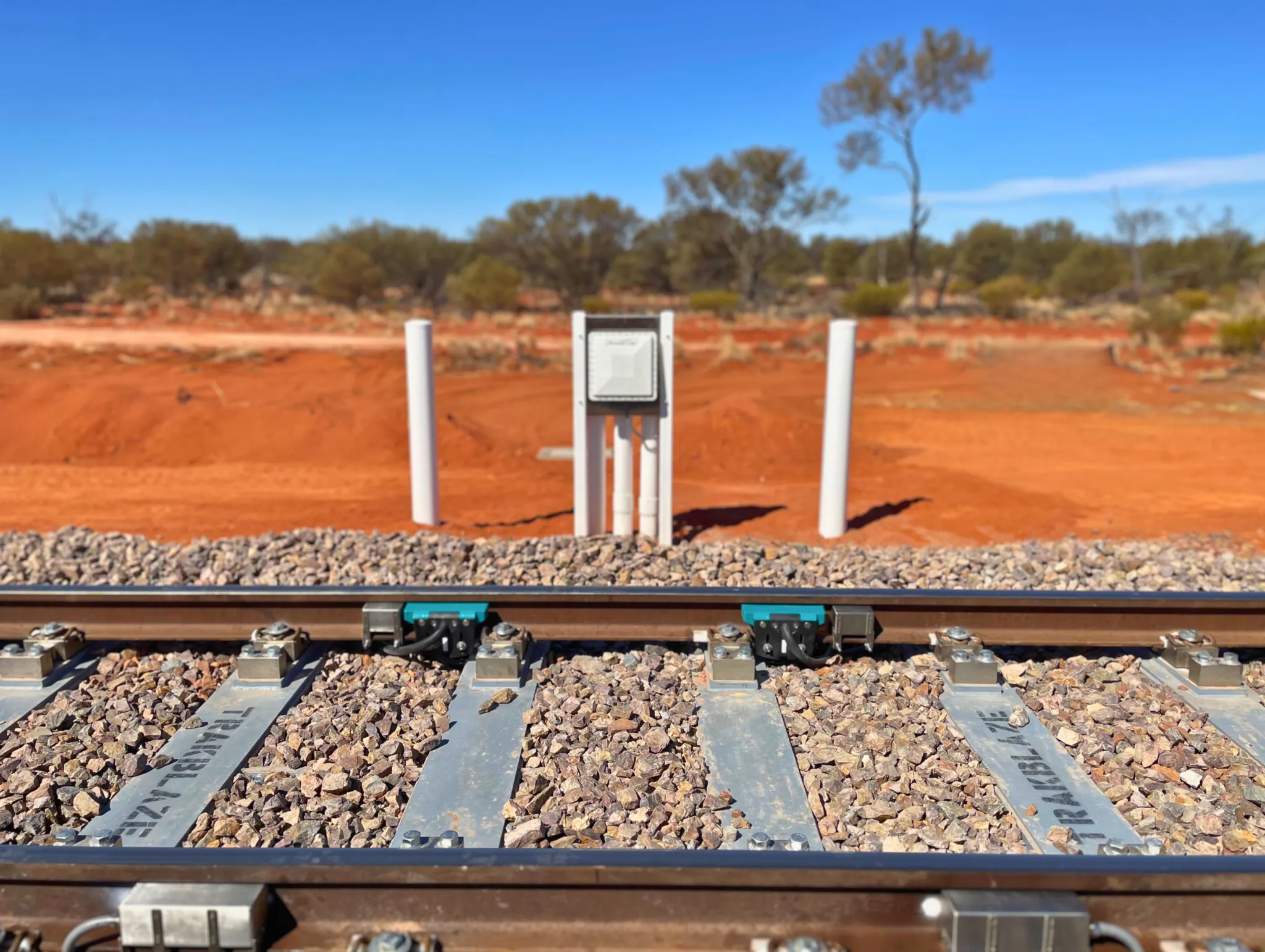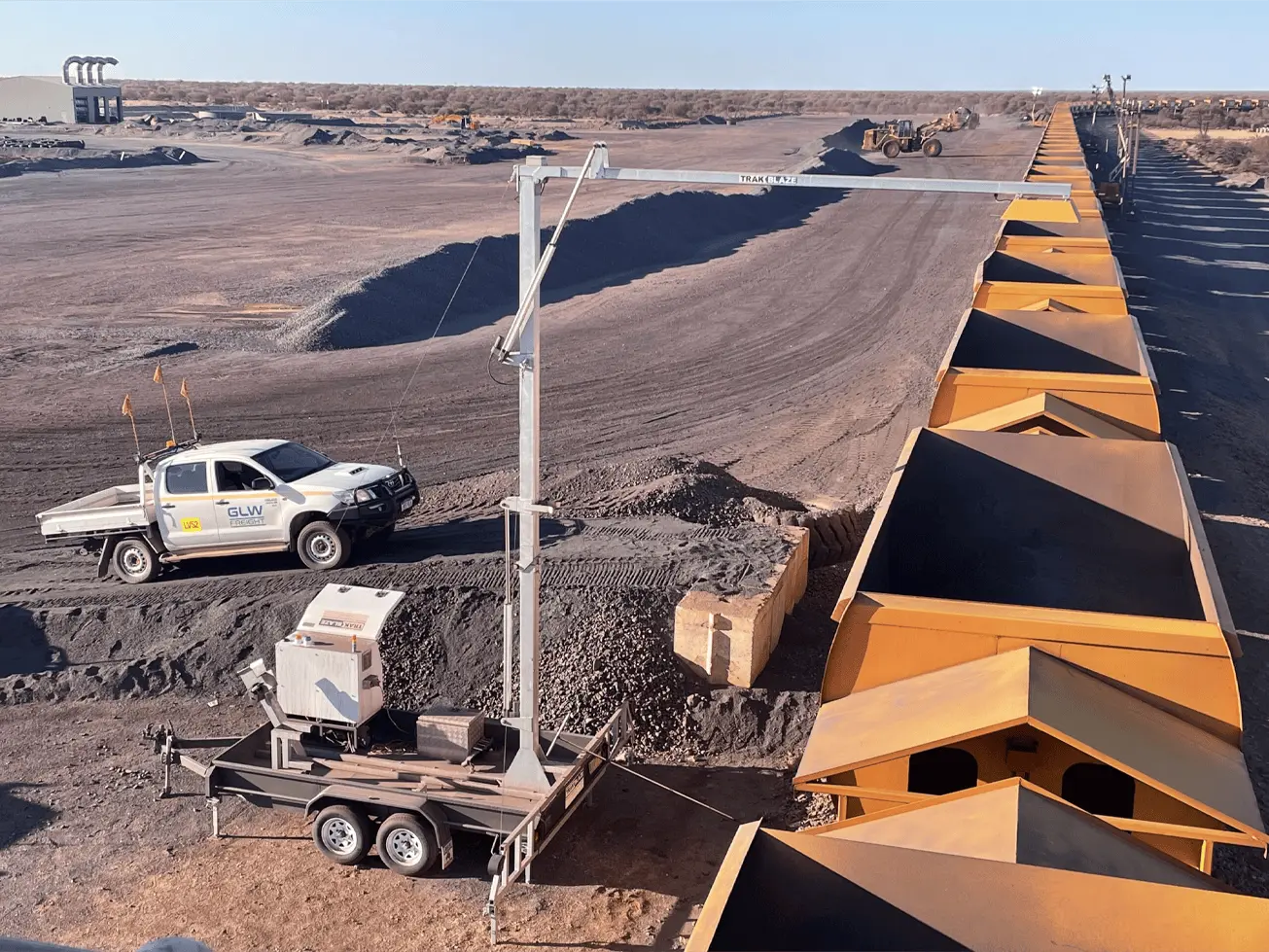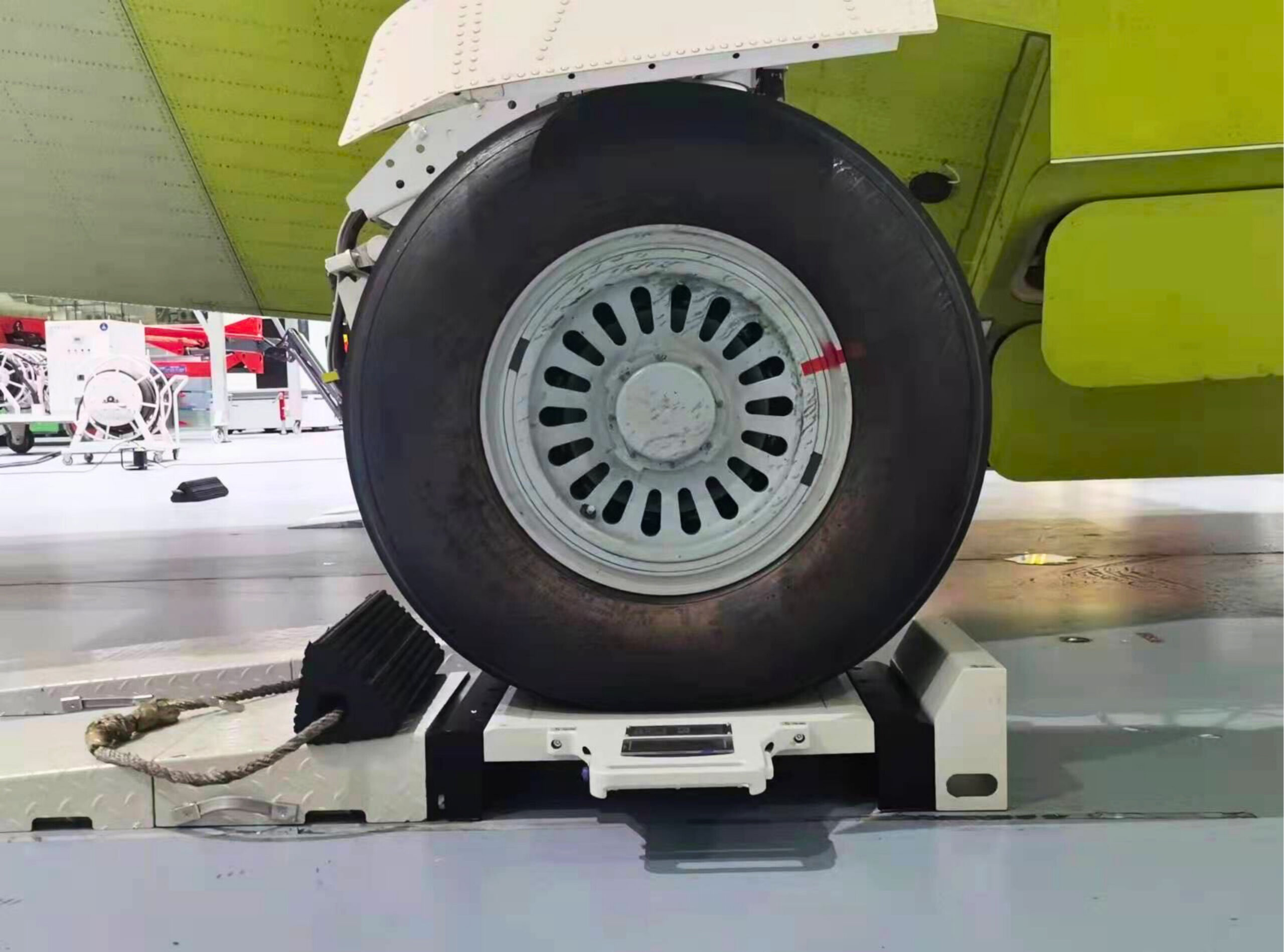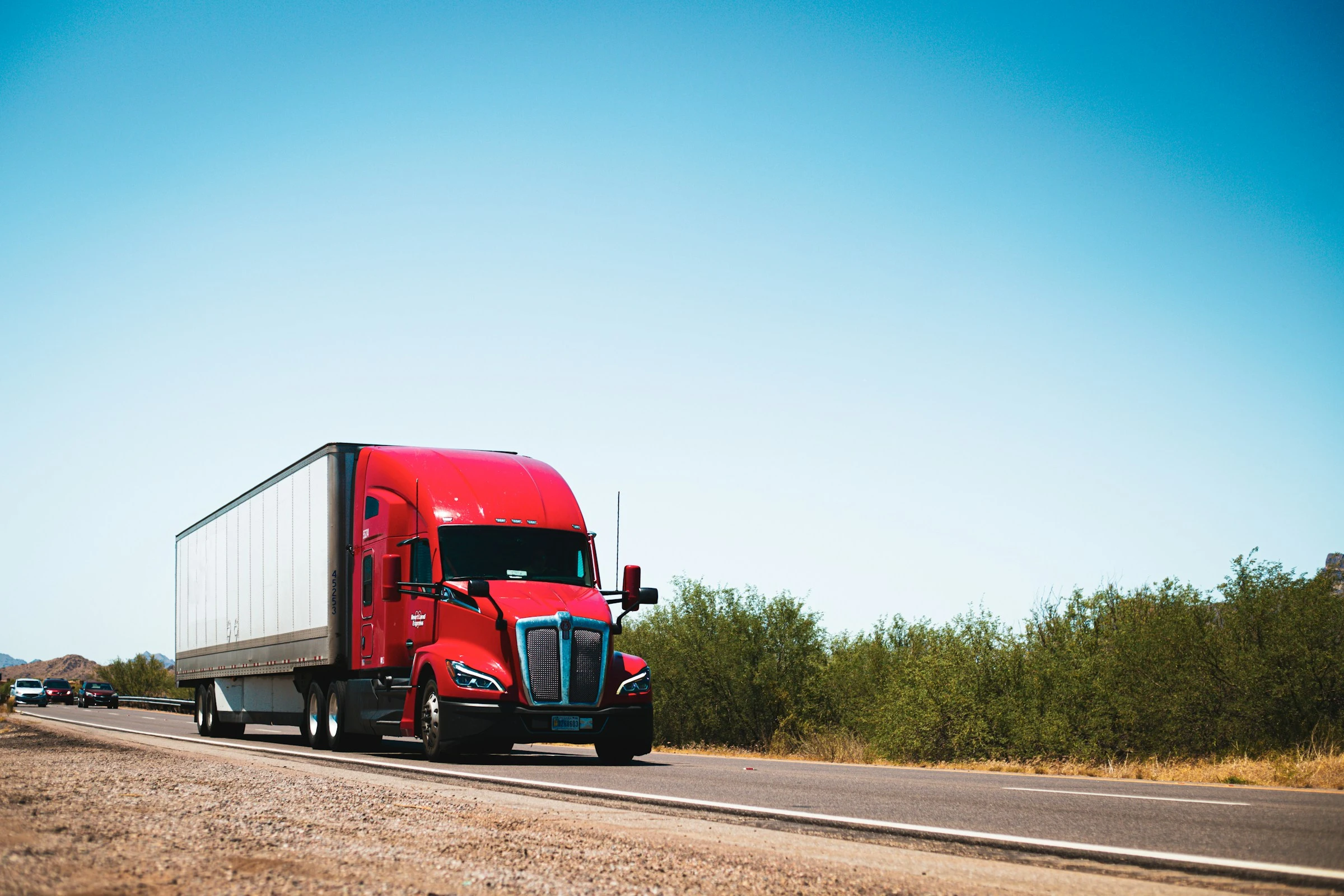At a glance
- Regular servicing keeps your truck weighing system accurate, compliant, and reliable, especially in high-use or harsh environments.
- Cleaning should be done weekly or bi-weekly, with monthly visual inspections to catch issues like corrosion, cracks, or misaligned sensors early.
- Calibration ensures legally compliant and precise readings and should be scheduled every six months for standard use or more frequently in specific use cases.
- An annual full-system service covering structural checks, load cell testing, software updates, and electrical diagnostics ensures long-term performance.
Installing a truck weighing system is only the beginning of its operational lifecycle. Regular servicing is essential to keeping it accurate, compliant, and performing at its best. This is especially important when your operations rely on precise weight data. Over time, various factors like environmental conditions, wear and tear, and heavy usage can significantly impact system reliability.
As a result, servicing your truck weighing system at the right intervals is critical. But how often should servicing be done? The answer depends on several factors, including the type of system, its usage intensity, environmental exposure, and regulatory requirements.
As a global leader in weighing heavy vehicles in Australia, we have outlined the recommended service intervals, why they matter, and how to identify when your weighing system needs immediate attention.
General Service Schedule and Practices
While service intervals can vary depending on the product type and operational environment, there is a general rule of thumb for truck weighing systems that applies in most cases.
| Servicing Task | Frequency |
| Cleaning | Weekly or Bi-weekly |
| Visual Inspection | Monthly |
| Calibration | Every 6 months (minimum) |
| Full System Service | Annually (or more often in harsh environments |
Weekly Cleaning
Truck weighing systems are routinely exposed to dust, dirt, moisture, and fuel residue in demanding environments like transport yards, construction sites, and mining operations. If left unaddressed, this buildup can interfere with sensor accuracy and lead to long-term mechanical or electrical issues. These problems are more common around load cells, cable entry points, and under-platform junction boxes.
Consequently, establishing a weekly or bi-weekly cleaning schedule is essential. You can use non-corrosive cleaning products and basic tools such as soft brushes, dry cloths, or compressed air to clean around load cell mounts, cable connectors, and the scale surface. In cases of heavier build-up, low-pressure water can be used cautiously. Care must be taken to avoid exposing electrical components to moisture.
For example, equipment like Volumetric Scanning Systems is typically exposed to dirt, soils, and residues in mining sites. To maintain scanning precision, gently clean the lenses with a microfibre cloth and keep the laser scanning path free from dust, reflective surfaces, or obstructions.
Monthly Visual Inspections
A monthly inspection helps detect early signs of wear and damage before they become costly to repair. These quick checks help ensure your system stays accurate and safe while supporting long-term performance.
First and foremost, inspect for cracked weight platforms. Although these cracks are initially considered minor, they can still change weight distribution and give false readings. If allowed to progress, they will deteriorate under load and may cause structural failure.
During the monthly inspection, also look for broken connectors or cables. Frayed cables, loose plugs, or bent pins can lead to a failure in communication between components. This issue may cause display corruption or a system crash.
As the weighing system operates in harsh and humid environments, there is an increased chance of metal parts corroding. Rust or corrosion, especially on critical components such as the load cell, can weaken parts and cause electrical interference, reducing accuracy and safety.
For systems like the FORCE1 – Truck Axle Scale, which operates under high-pressure environments, regular inspection of outdoor installations for blocked drainage or signs of water damage around cables and junction boxes is required.
Read More: Understanding the Causes of Scale Breakdowns and How to Avoid Them
Calibration Twice a Year
Calibration ensures your system delivers accurate and legally compliant weight measurements. The process involves placing certified test weights on the system, comparing the measured values to the known weights, and adjusting the readings as necessary.
For most operations, calibrating every six months is sufficient. However, sites with high traffic volume, critical billing needs, or harsh environmental conditions may require more frequent calibration to maintain accuracy and compliance.
Trakblaze often follows these procedures for servicing and calibration of most products unless specified differently for a particular equipment.
- Unpacking and logging of equipment on arrival
- Initial calibration report (as found)
- Visual and operational checks, including disassembly if necessary
- Basic cleaning of equipment
- Linearity, repeatability and accuracy checks
- Final calibration
- Tagging and issuing certificates
- Re-packing for secure dispatch
For example, FORCE 2&4 Mining Truck Scale, designed for rugged mining environments, should be calibrated every 3 to 4 months to compensate for heavy vibrations, dust, and moisture that can affect load cells.
Similarly, our TRUCKMATE Portable Truck Scale should be calibrated before and after each significant relocation or every 3 to 6 months during standard use.
Read More: Optimising Logistics With The Accurate Truck Scales
Entire System Servicing: Once a Year
A full system service should be conducted annually to ensure the equipment continues performing at peak accuracy and reliability. A full system service is a comprehensive examination of all mechanical and electronic components to ensure the entire system is functioning optimally. It goes beyond routine cleaning or calibration to identify deeper issues that could affect long-term performance.
This service typically includes thorough internal and external cleaning to remove debris, rust, or any obstructions that may interfere with moving parts or electrical systems. Technicians also inspect key structural components like beams, platforms, welds, and mounting points for signs of damage or deformation. Any loose bolts, brackets, or supports are re-tensioned to maintain structural integrity.
In addition, load cells are tested across a range of weights to verify consistent output, ensuring no single sensor compromises overall accuracy. Damaged components such as cables, seals, or mounts are replaced proactively to avoid performance failures.
Electrical testing is carried out to check voltage, current, resistance, and grounding integrity. Backup batteries and fuses are also inspected to ensure they function correctly during a power issue.
Lastly, relevant software and firmware updates are installed to improve system performance, fix bugs, and ensure compatibility with evolving site technologies.
Signs Your Weighing System Needs Immediate Attention
Even the best-maintained truck weighing systems can experience unexpected issues. To avoid costly downtime or inaccurate data, it’s critical to recognise early warning signs that signal the need for urgent servicing.
Below are some telltale signs that your weighing system needs repair or recalibration without delay:
- Inconsistent or fluctuating weights
- Error messages on displays
- Evident physical damage or misalignment
- Sudden changes in readings without equipment changes
- Lagging software or scanning errors in volumetric scanners
These signs may indicate a need for immediate recalibration, repair, or full servicing.
The bottom line is that a well-serviced truck weighing system not only ensures compliance but also supports smarter, data-driven decisions. Accurate weight data can reduce safety hazards, optimise loads, and improve operational efficiency across your fleet. That’s why servicing should be treated as a strategic investment, not just a maintenance expense.
Want expert help maintaining your system? Contact Trakblaze’s support team to keep your weighing equipment accurate, compliant, and running for the long haul.
